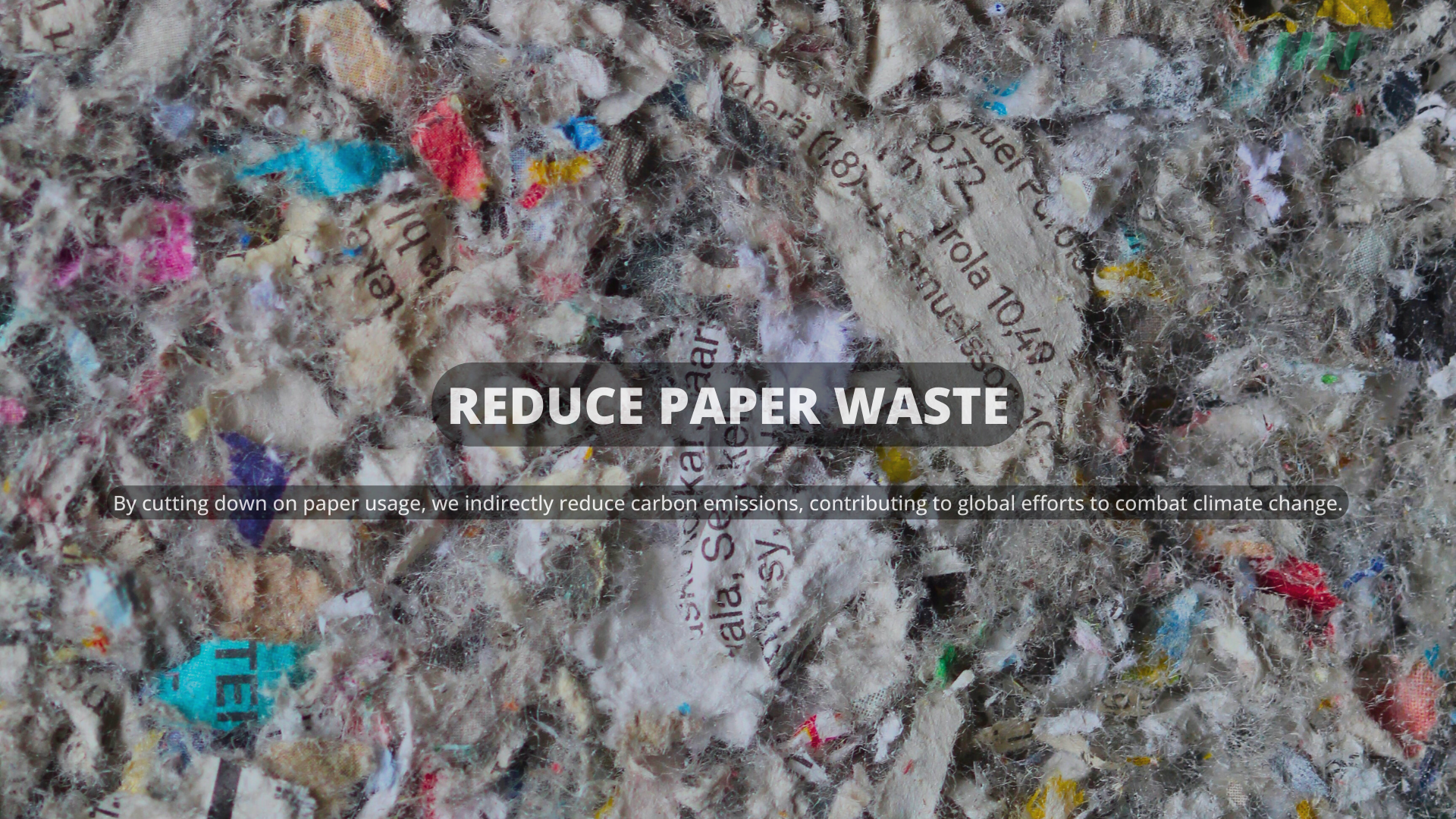
In our quest for a more sustainable future, the need to reduce paper waste has become increasingly critical. Paper, a ubiquitous material woven into the fabric of our lives, carries with it significant environmental implications. As we embark on this journey together, we delve into the depths of the issue, explore sustainable alternatives, and chart a path towards a greener world.
The Environmental Toll of Paper Waste
Every year, vast quantities of paper are discarded, leading to detrimental effects on our environment. The production of paper relies on the felling of trees, resulting in deforestation, habitat destruction, and the loss of biodiversity. Additionally, paper waste contributes to greenhouse gas emissions, exacerbating climate change.
Moreover, the disposal of paper waste poses its own set of challenges. Landfills overflow with discarded paper, taking up precious space and releasing harmful substances into the soil and water. The traditional linear model of paper consumption, where resources are extracted, used, and discarded, is no longer sustainable.
Embracing a Sustainable Paper Strategy
To combat the scourge of paper waste, we must adopt a multifaceted approach that encompasses various aspects of our society. By incorporating sustainable practices, embracing digital alternatives, and promoting responsible paper usage, we can mitigate the environmental impact of paper consumption. Here are key strategies to consider:
1. Promoting Digital Transformation: A Paradigm Shift
The digital age presents us with unprecedented opportunities to reduce paper waste. By leveraging technology, we can transition from a paper-dependent society to a digital-driven one. Electronic communications, online document storage, and e-signatures empower us to significantly decrease paper usage while enhancing efficiency and accessibility.
2. Cultivating Responsible Paper Consumption: Less is More
While digital transformation is crucial, paper remains an essential medium for certain applications. However, responsible paper consumption is the key. Through conscious decision-making, we can minimize our paper usage by adopting practices such as double-sided printing, reducing margins, and utilizing paperless billing and invoicing options.
3. Embracing Sustainable Paper Alternatives: A Greener Choice
Not all paper is created equal. Opting for sustainably sourced and certified paper products can make a substantial difference. Look for labels like FSC (Forest Stewardship Council) or PEFC (Programme for the Endorsement of Forest Certification) to ensure the paper you use comes from responsibly managed forests.
Additionally, explore alternatives to virgin paper, such as recycled paper or agricultural residue-based paper. These options significantly reduce the demand for new fibers and lessen the strain on our forests and ecosystems.
4. Implementing Recycling and Waste Management Strategies: Closing the Loop
Recycling plays a crucial role in mitigating paper waste. Establishing comprehensive recycling programs in workplaces, educational institutions, and communities encourages the collection and proper disposal of paper waste. Recycling facilities can then transform discarded paper into new products, reducing the demand for virgin materials and conserving resources.
5. Education and Awareness: Inspiring Change
The power of education cannot be understated. By raising awareness about the environmental consequences of paper waste and sharing information on sustainable alternatives, we can inspire individuals, organizations, and communities to adopt eco-conscious practices. Through educational campaigns, workshops, and digital platforms, we can ignite a collective desire for change.
Paving the Way for a Greener Future
Reducing paper waste requires a collective commitment to sustainable practices. By embracing digital transformation, cultivating responsible paper consumption, embracing sustainable alternatives, implementing recycling programs, and promoting awareness, we can forge a path towards a greener future.
Remember, every action, no matter how small, makes a difference. Let us unite in our efforts to reduce paper waste and create a more sustainable world for ourselves and

